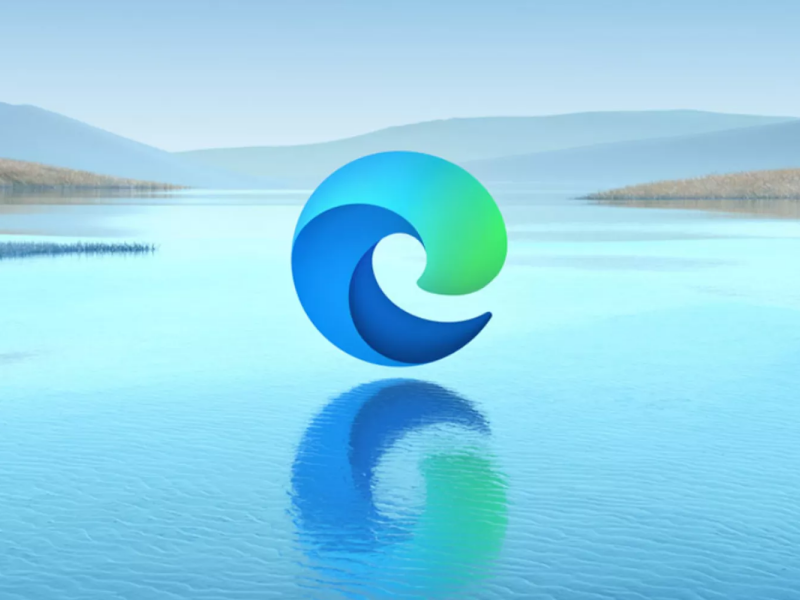- Microsoft Edge highlights impressive statistics, including over 10 billion AI chats and significant memory savings, while avoiding details on its stagnant market share growth.
- Despite a slight increase to 12.87% market share in November 2024, Edge continues to trail behind Google’s Chrome, which maintains a dominant 66.33%.
What happened: Microsoft Edge struggles despite big claims
Microsoft Edge has made headlines by touting impressive statistics, such as over 10 billion AI-powered chats and significant memory savings through its sleeping tabs feature. However, these claims come amid stagnating market share growth. As of November 2024, Edge holds just 12.87% of the desktop browser market, a mere increase of less than 1% since December 2023. In contrast, Google Chrome continues to dominate with a 66.33% share. Critics argue that despite Microsoft’s efforts, including AI enhancements, users remain sceptical, often perceiving Edge as merely a tool to download Chrome. The lack of compelling reasons for users to switch raises concerns about Edge’s long-term viability. As browser engines converge around Chromium, differentiation becomes increasingly challenging, leaving Edge in a precarious position. To truly compete, Microsoft must offer unique features that resonate with users beyond mere statistics.
Also read: Microsoft Edge claims victory with robust 2024 usage stats
Also read: Microsoft Edge’s new feature: Bing AI helps you rewrite text
Why this is important
The struggle of Microsoft Edge highlights a significant trend in the browser market: user loyalty is increasingly difficult to achieve. While Microsoft has invested heavily in AI capabilities, boasting over 10 billion interactions, the reality is that many users remain entrenched in the Google ecosystem, which offers seamless integration across devices. This situation is reminiscent of the challenges faced by smaller tech companies, such as Brave and Opera, which have sought to carve out niches by prioritising privacy and user control.
As browser dynamics shift, the implications extend beyond user choice; they influence digital advertising, data privacy, and the overall health of the tech landscape. Chrome’s dominance raises concerns about monopolistic practices, stifling innovation from smaller competitors. Microsoft’s failure to differentiate Edge effectively not only affects its market position but also sets a precedent for how tech giants must innovate to retain user interest. As digital interactions become more integral to our lives, understanding these shifts is crucial for consumers and businesses alike, emphasising the importance of choice and competition in technology.

